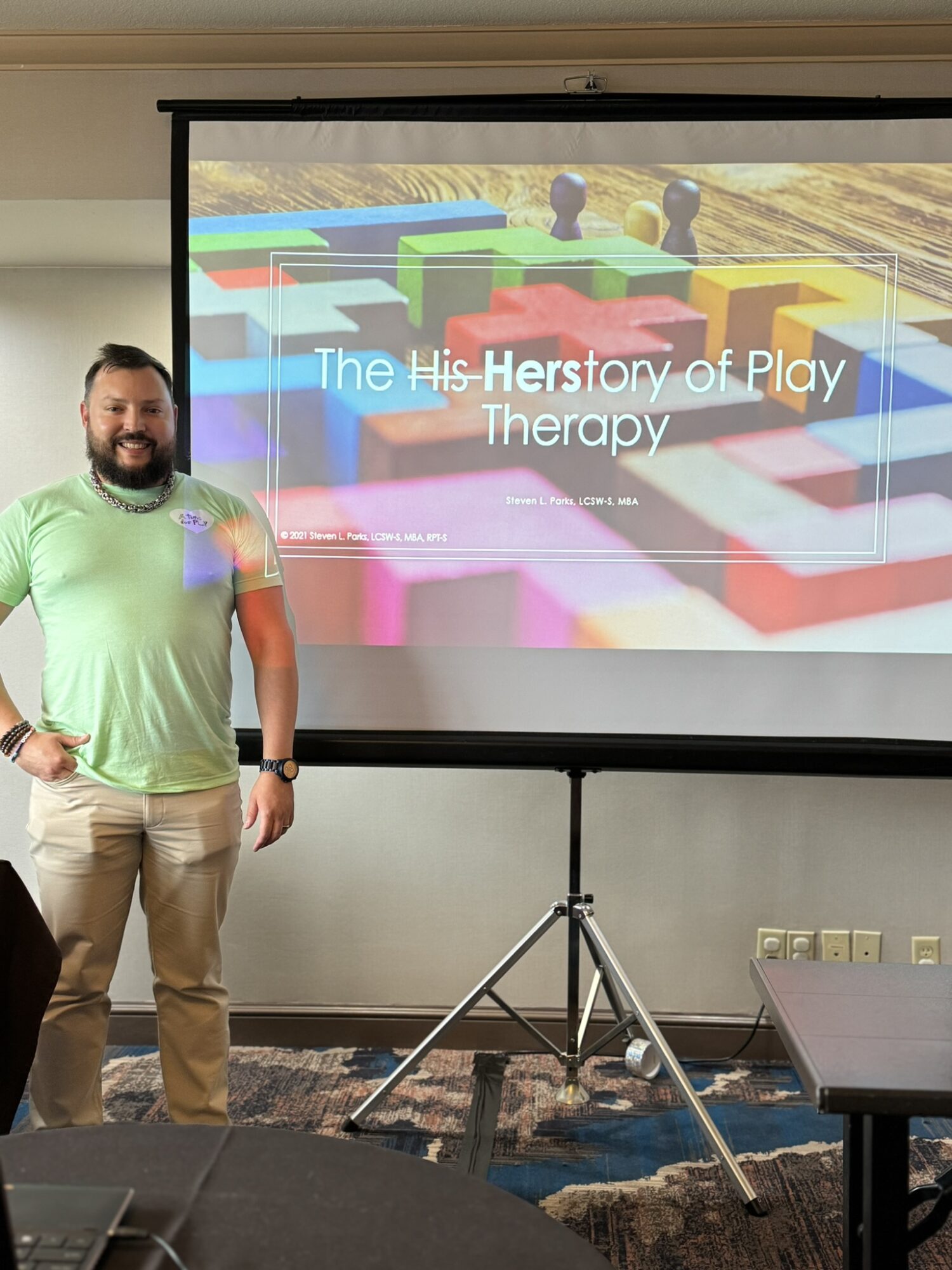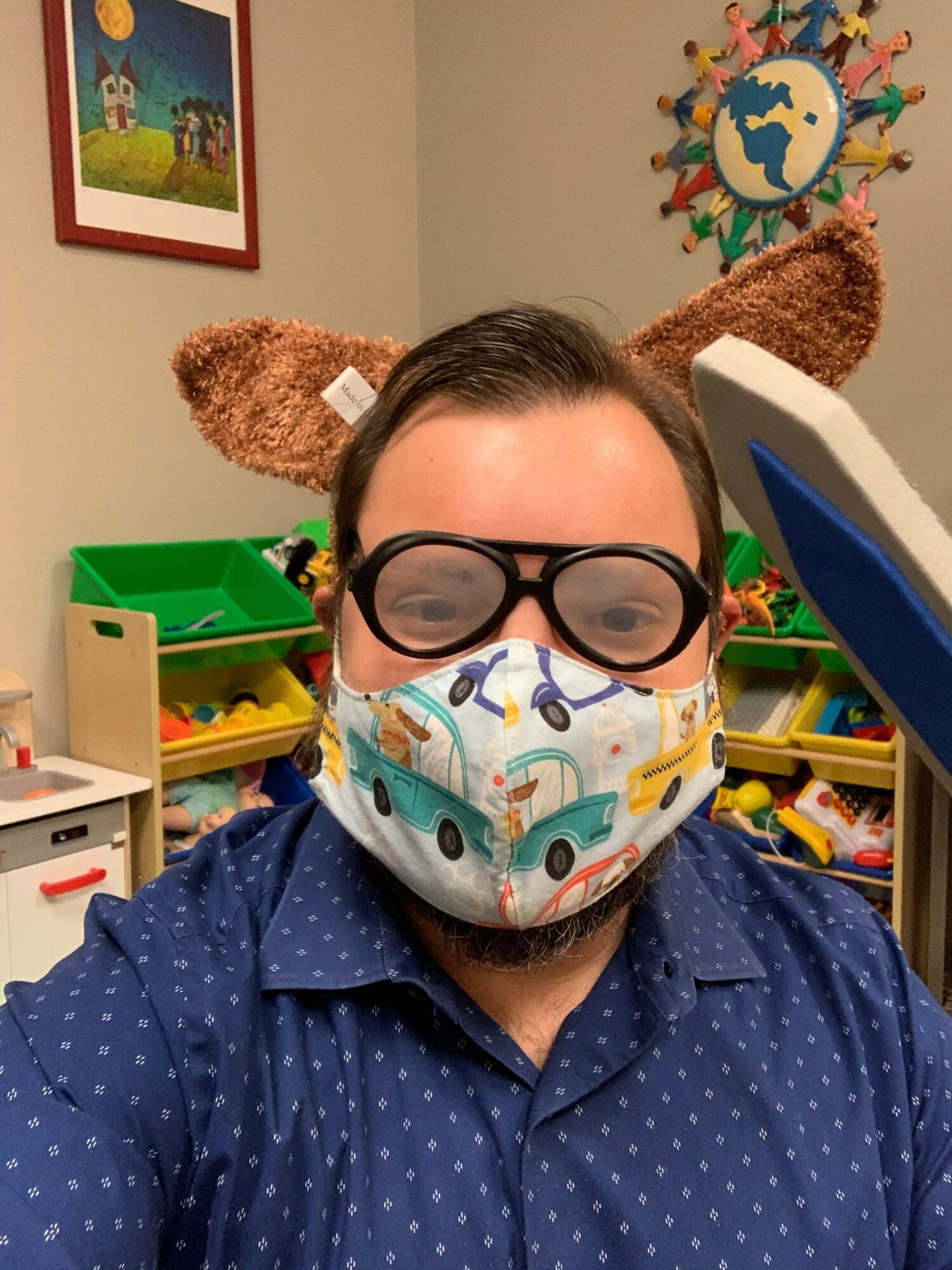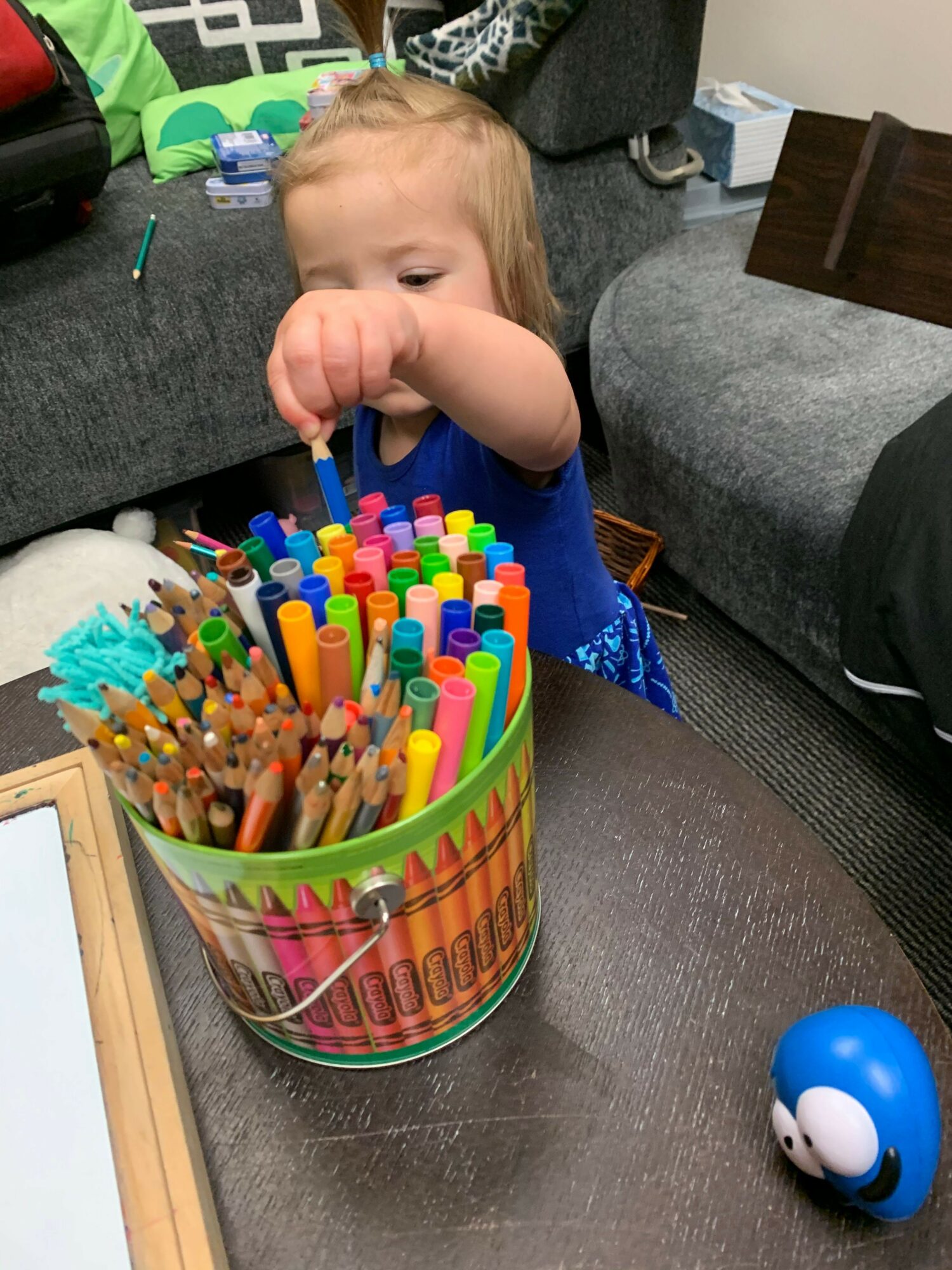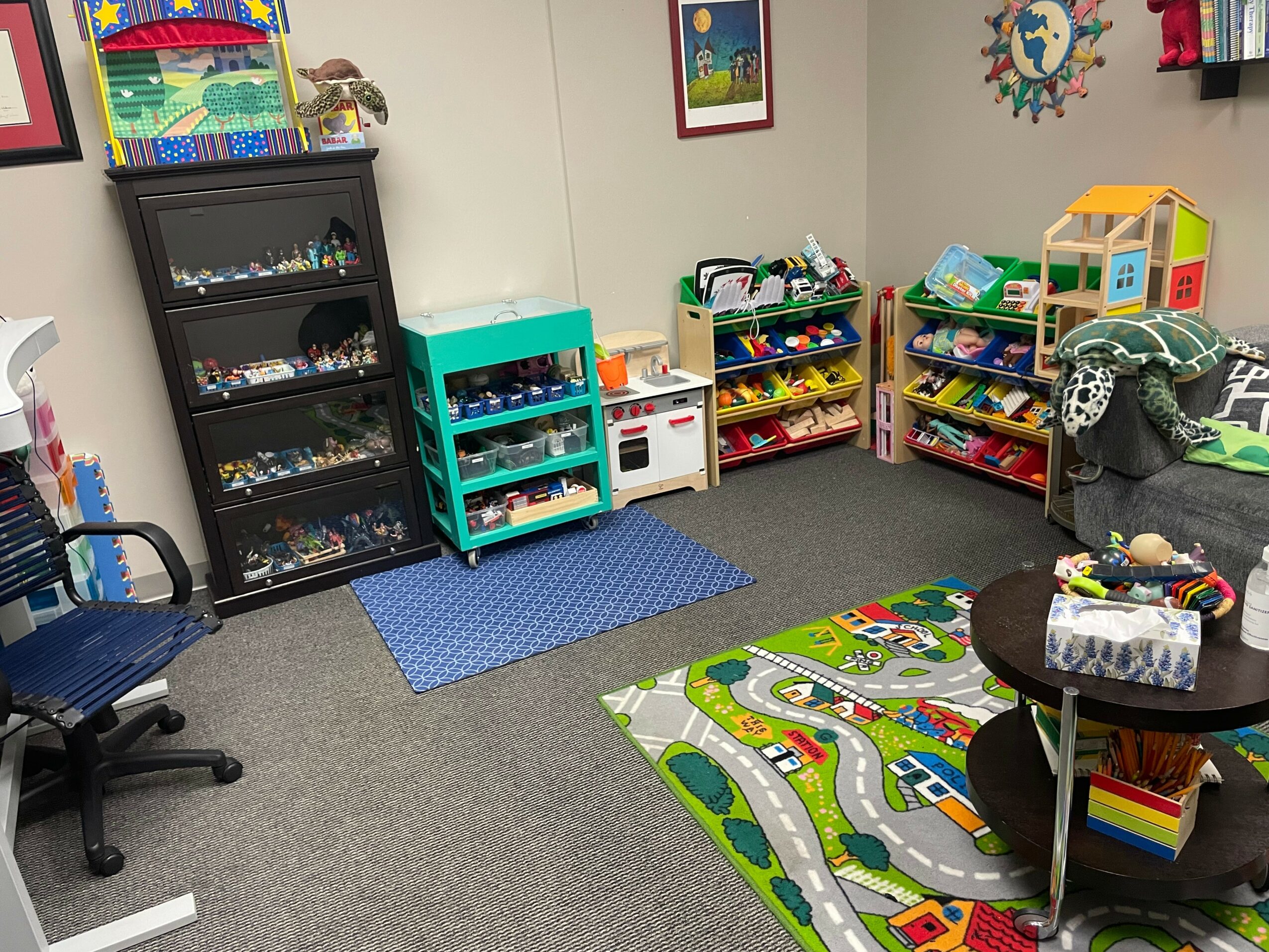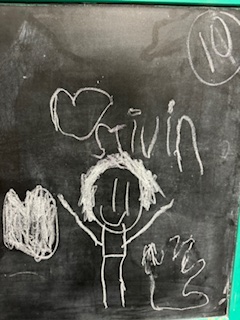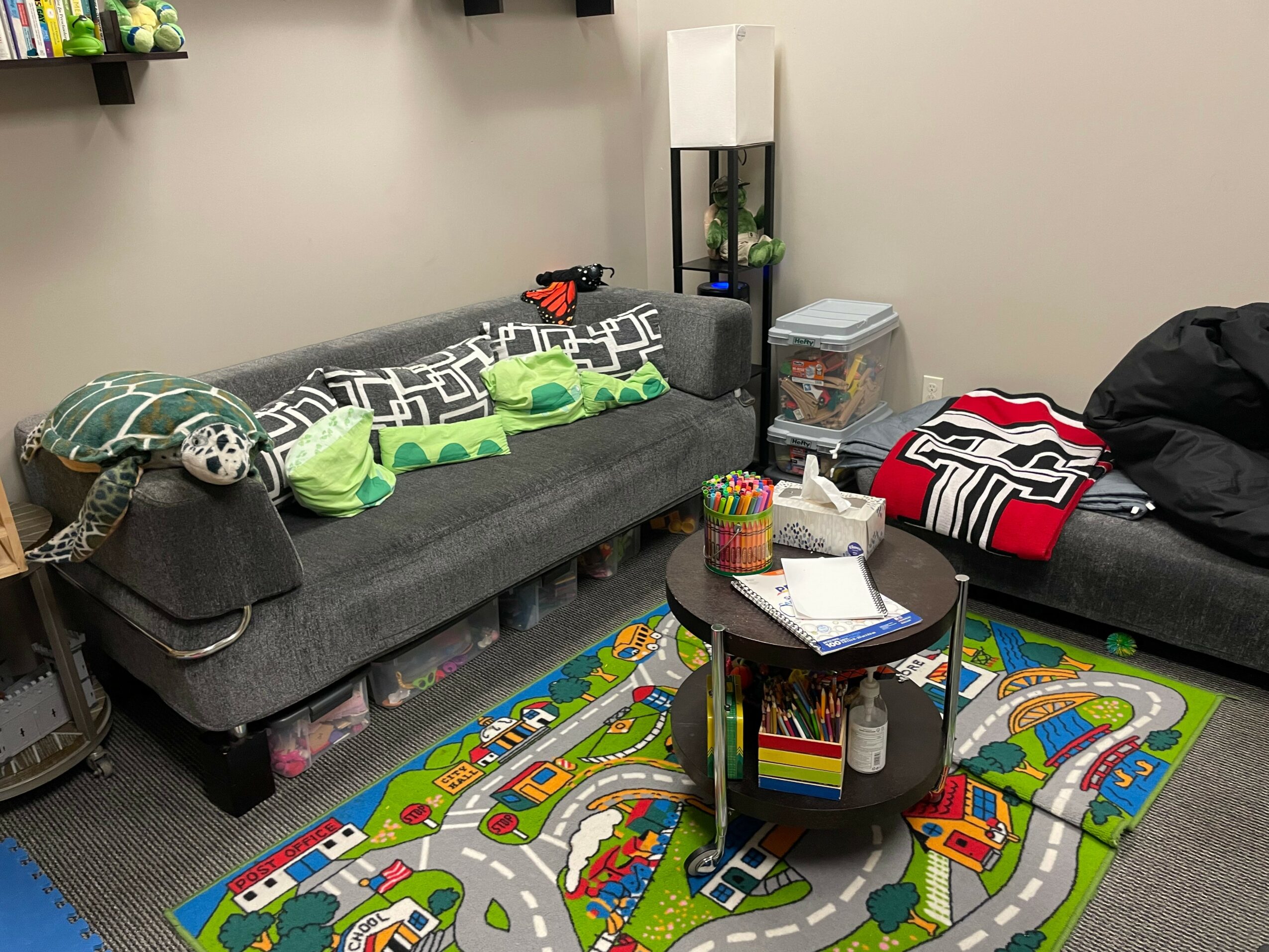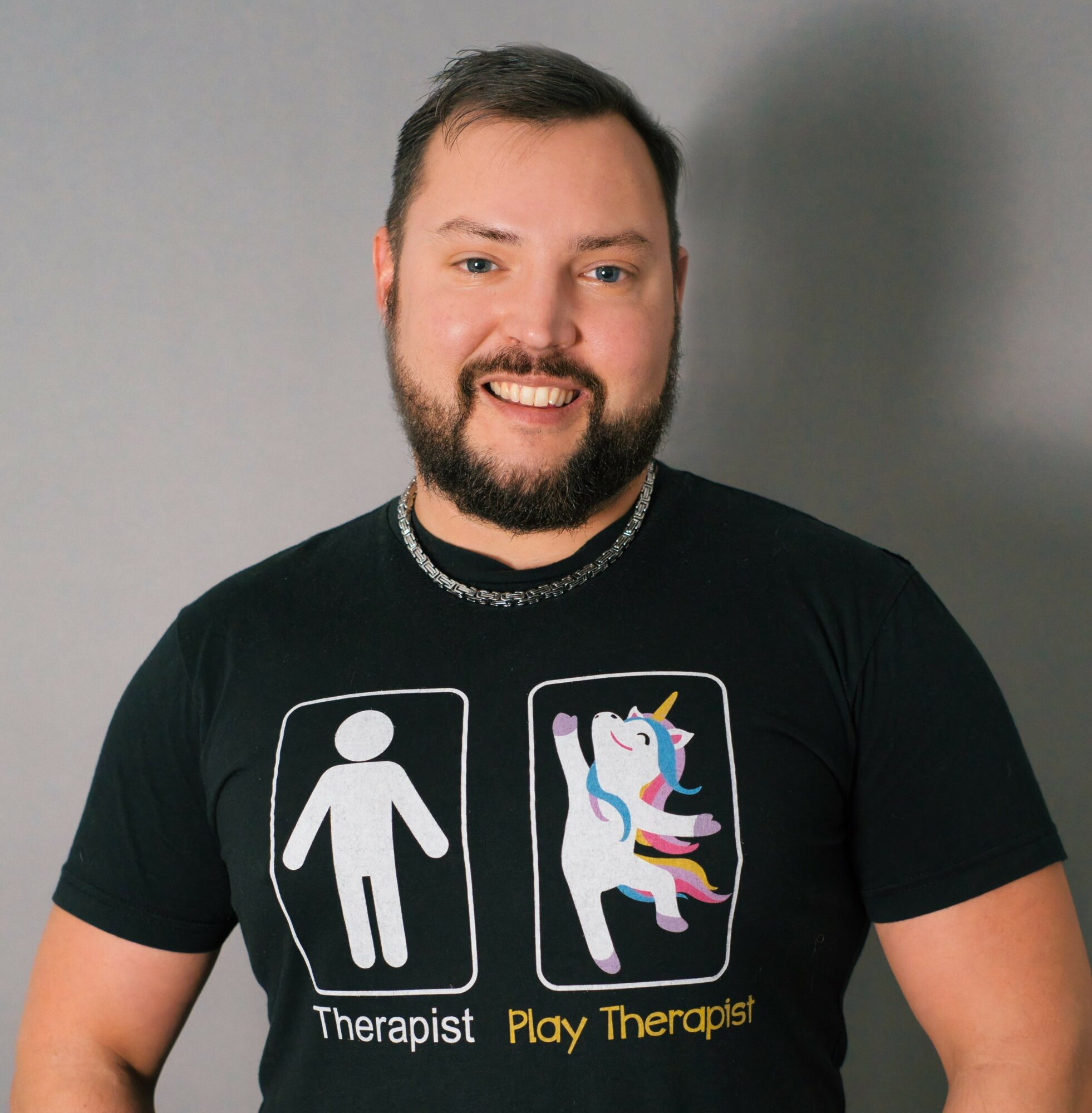

Today we’d like to introduce you to Steven Parks
Hi Steven, thanks for joining us today. We’d love for you to start by introducing yourself.
The Healing Place was born from the need to provide excellent mental health services to children and adolescents, particularly from a trauma informed lens. As a Licensed Clinical Social Worker, I have worked with various non-profits throughout Houston. I have observed a shortage of mental health providers trained and capable of working with children specifically. The Healing Place, PLLC was opened in June 2017 with a mission to expand access (through accepting insurance) to children, adolescents, and adults seeking mental health care. Our practice is an expert in Play Therapy and utilizing playful engagement strategies to foster therapeutic learning and growth for clients of all ages.
As the practice grew, my role changed as well. I became a full time Lecturing Faculty for the University of Houston and began mentoring and supervising clinicians. The mission of the Healing Place expanded, not just to provide excellent services, but also to foster the development of a new generation of young and diverse clinicians. The practice has grown to having a staff of 5 clinicians with various cultural backgrounds, clinical expertise, and uniform dedication to serving the mental health needs of families. Our practice continues to prioritize access through accepting various insurances and Medicaid with prioritizing the mental health needs of clients and families.
Would you say it’s been a smooth road, and if not what are some of the biggest challenges you’ve faced along the way?
There have definitely been some struggles. When I was just getting the practice off the ground, Hurricane Harvey flooded both of the offices I was practicing out of. Our practice was homeless for a short while, until a kind psychologist took us in and provided an office space to use. We have continued to be office mates ever since.
In 2020, the coronavirus drove all mental health services to be virtual only. Working with 5-year-olds via telehealth doing Play Therapy was a major challenge! Thankfully, my staff and I were able to pivot and become trainers of the community on Play Therapy in the Telehealth format. As the virus ebbed, we returned to the office, and continue to offer in-person appointments, when many therapists opt to be virtual only.
I have also stubbornly continued to accept insurance and Medicaid plans, despite their low reimbursement rates and sometimes waiting over a year to be paid be their plans. Our dedicated office manager works magic so that we can continue to provide services to families without the resources to pay for services. Most (documented) children are able to received insurance through Medicaid and CHIP health insurance programs, if their parents do not have health insurance through other means.
As you know, we’re big fans of you and your work. For our readers who might not be as familiar what can you tell them about what you do?
I am most known in the local mental health community as a Play Therapist! I was trained in Play Therapy early in my career and took for granted that all therapists working with children and adolescents would be similarly trained. I was shocked to find some therapists that purportedly work with children do not use Play Therapy. In my experience, 6 and 8 year old clients will not spend an hour on the therapist’s couch deeply contemplating their own existence! On the contrary, children, and adolescents too, prefer to engage with a mental health professional through play. As children play out stories from their imagination or compete against me in Uno or draw creatively, their life story, worries, and troubles also spill out. When the playroom is a safe therapeutic space, children will use it to engage in therapeutic play: they will play out parents fighting or bullies bullying or feeling angry, sad, scared, or alone. The play provides me a window into their world and once inside I can validate, reassure, teach, support, and help a child to cope with their experiences.
Over the past few years, I have developed a training program for mental health clinicians called A Time for Play. This program trains clinicians in how to use Play Therapy in their work to help, heal, and support children. A Time for Play is an independent 501c3 that provides weekly Play Therapy trainings. I have been blessed to become the Executive Director of the nonprofit and our training program is nationally recognized and acclaimed.
What sort of changes are you expecting over the next 5-10 years?
The technology facilitating therapy is ever evolving, but it is also always going to be about listening. Clinical social workers will always have a job because our capacity to listen and empathize is an innately human one.
What I see changing most in the future is the need! Never before have we lived in such a stressful time, with information inundating us constantly and disasters, both man-made and natural, more frequent than ever. The world is experiencing trauma at a scale it never has before. My trauma-informed team of mental health clinicians is positioning itself to meet this need.
The name our Play Therapy training program is A Time for Play. I developed that name, because I believed when I launched the program that there had never before been such need for mental health clinicians to work with children. The Surgeon General, for two decades in a row, has published that there is a crisis shortage of mental health care workers trained and available to meet the needs of children and adolescents. Between floods and school shootings, mass deportations and rampant gang and drug use in our schools, never before has there been A Time for Play and trained Play Therapists to meet the mental health needs of our community. I believe that Play Therapy is the key to supporting children to regain optimal mental health functioning.
Contact Info:
- Website: https://www.TheHealingPlaceTherapy.com
- Facebook: https://www.facebook.com/atimeforplaytrainingseries
- Other: https://www.ATimeforPlayTherapy.com
